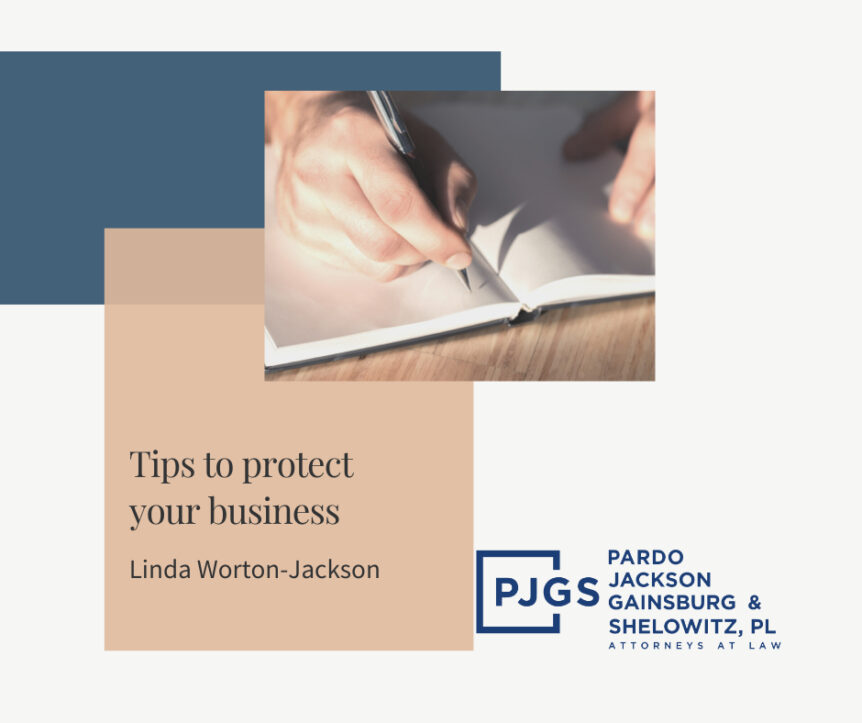The restaurant and hospitality industry are among the hardest hit by the COVID-19 epidemic. Self-distancing is keeping people home and away from bars, restaurants and hotels. Across the nation, restaurants and bars are expected to lose some $225 billion over the next three months, while hotels are losing an estimated $1.4 billion in room revenue per week, with that number rising.
Although I have been an attorney for more than 30 years, working in the hospitality and bankruptcy arena, I have never seen anything like this. In the coming weeks, I will be providing some information designed to help businesses, big and small, navigate these difficult times.
Many are wondering, at this point, how to protect their business. The following are some basic, but critical tips:
Review and Understand Contracts: Before making any decisions, it is important that you read your contracts. Read the fine print to determine whether you can cancel an order or terminate an employee before doing either. Find out if there are provisions in that contract that allow for it to be broken, or if there is some built-in flexibility. If you are unclear as to what the contract permits or prohibits, contact legal counsel. It’s better to review these things upfront rather than pay the consequences in the future.
No contract: If you do not have a contract to perform services or have services performed, it’s best to work toward a mutual solution that will work for all parties once the crisis is over.
Keep Detailed Records: After you review your contracts, you may begin to contact employees, suppliers and others to take action. Make sure you keep detailed records of any communication. Putting things in writing is best. Written records can help to protect you in the future should you face legal action or need to take legal action.
Review Insurance Policies: Many people buy insurance and renew it year after year without reviewing their coverage. Now is the time to determine if you can collect. Business interruption insurance is designed to cover loss of income incurred due to a slowdown or suspension of a businesses’ operations under certain circumstances. This coverage generally is triggered when a policyholder sustains physical loss or damage to insured property by a covered loss as defined in the policy. As a result of the SARs and other outbreaks, many insurers added exclusions for pandemics and viruses to this coverage. We anticipate seeing lawsuits challenging coverage as time goes on.
Keep Lines of Communication Open: These are difficult times for everyone. Make sure those who you work with, and those who work for you, are kept up to date on what is taking place at your business. Reach out to banks, landlords, and suppliers. Explain your financial situation and see if you can work out a payment plan. Reach out to employees to let them know what is happening. Maybe you can hire some back as you restructure. Once this crisis is over do you want to maintain those relationships? One way to make sure you do is to communicate.
Think Outside the Box: Many businesses are finding new ways to survive. Restaurants are offering free pickup and delivery. Some are selling their supplies to other venues. One restaurant was selling raw meat and chicken to the public for them to pick up and take home to cook. Bars may need to sell whole bottles of liquor. If you buy in bulk, consider selling to grocery stores where shelves are empty. If your business isn’t set up to do this, consider making a donation to food banks and other nonprofits that are helping those in need, and take the tax deduction. If you are a hotel, consider providing lodging to first responders who may not be able to return home to their family.
Whatever steps you take, take them now.
The information provided in this blog is not intended to constitute legal advice and is intended for general information purposes. For more information, contact Linda Worth Jackson at ljackson@pardojackson.com or visit pardojackson.com

